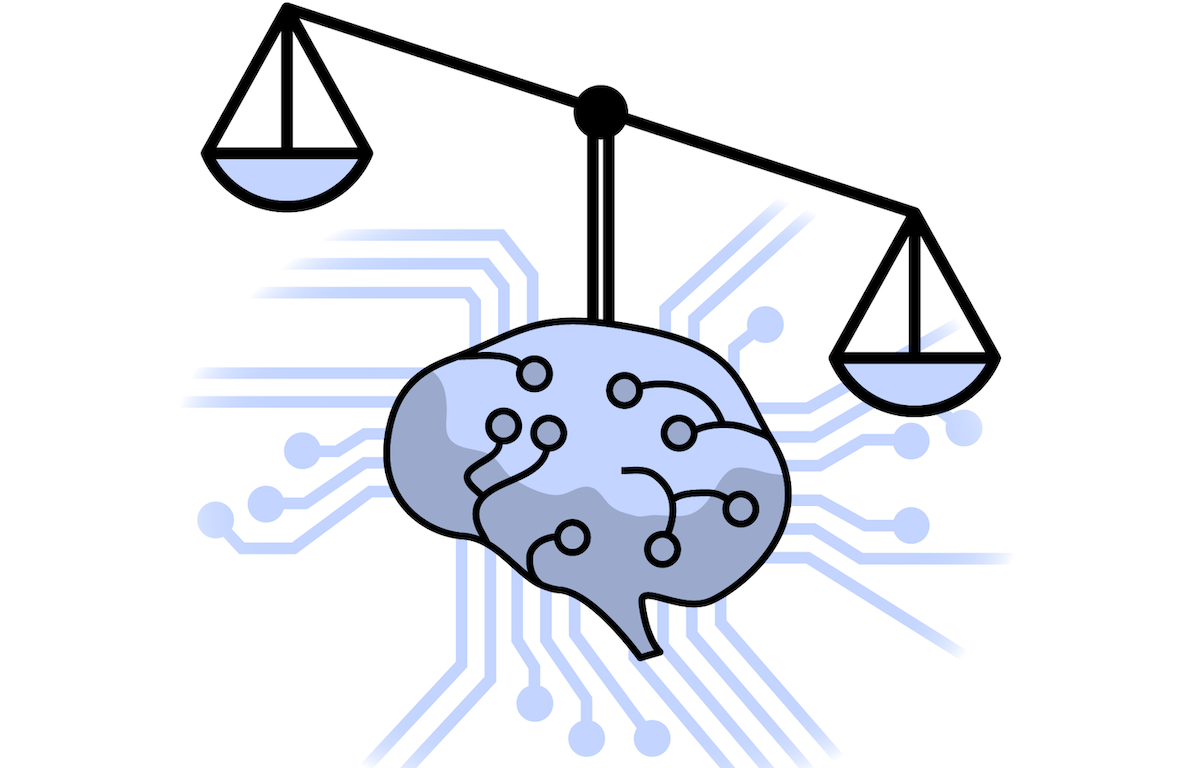Introduction
As the integration of artificial intelligence into various industries continues to gather momentum, the need to ensure fairness in algorithmic decision-making processes has become paramount. However, this pursuit has its share of challenges. In this post, we delve into the intricate world of incorporating AI algorithmic fairness into industry practices and shed light on the hurdles that organizations must overcome.
Striking a Delicate Balance: Fairness vs. Accuracy
One of the foremost challenges in the journey toward algorithmic fairness lies in the trade-offs between fairness and accuracy. While the goal is to ensure equitable outcomes for all individuals, fairness considerations often necessitate adjustments that can impact the overall accuracy of algorithms. This problem requires careful navigation to strike a balance that upholds fairness without compromising the reliability and effectiveness of the AI system.
Peering Through the Complexity: Lack of Transparency
Many AI algorithms operate as black boxes, making it arduous to decipher their decision-making processes. This lack of transparency poses a significant hurdle in identifying and rectifying biased outcomes. Crafting algorithms that deliver fair results and allow for interpretation and explanation is an ongoing challenge. Addressing this requires the development of innovative techniques that marry fairness with interpretability.
Evolution vs. Revolution: Updating Existing Systems
Incorporating algorithmic fairness often demands revising existing systems that may have been in use for an extended period. Modifying or replacing these systems is intricate from a technical and strategic standpoint. Organizations must grapple with the tension between driving fairness enhancements and maintaining business continuity. Resistance to change and the need for a delicate equilibrium between fairness improvements and operational stability further complicate this endeavor.
The Scale Struggle: Deploying Fairness Across the Board
Implementing fairness measures across AI systems at scale is a multifaceted challenge. Large-scale deployment requires modifying algorithms, pipelines, and the underlying infrastructure to accommodate fairness considerations. The complexity escalates as organizations strive to ensure the seamless functioning of fairness measures in real-world scenarios. The resource-intensive nature of this task necessitates meticulous planning and robust technical execution.
The Shadows of Deception: Adversarial Attacks
Even the best-intentioned efforts toward algorithmic fairness can be vulnerable to adversarial attacks. Malicious actors may exploit interventions designed to promote justice, manipulating the system for their gain. Safeguarding against such attacks and establishing the resilience of fairness measures is imperative. This challenge calls for developing defense mechanisms and continuously enhancing fairness strategies to outwit adversarial tactics.
Conclusion
As industries advance in adopting AI technologies, the incorporation of algorithmic fairness remains a central concern. While the road ahead is undoubtedly challenging, pursuing equitable and unbiased AI systems is a goal worth striving for. Navigating the intricate landscape of trade-offs, transparency, system updates, scalability, and security demands a concerted effort from researchers, practitioners, and policymakers alike. By acknowledging these challenges and collectively working to overcome them, we can pave the way for a future where AI benefits all segments of society impartially.

